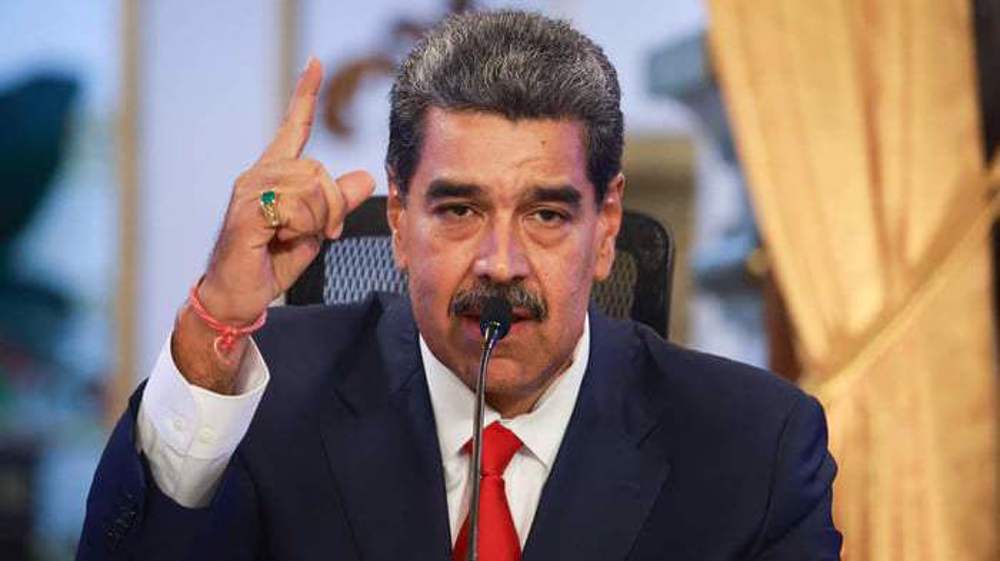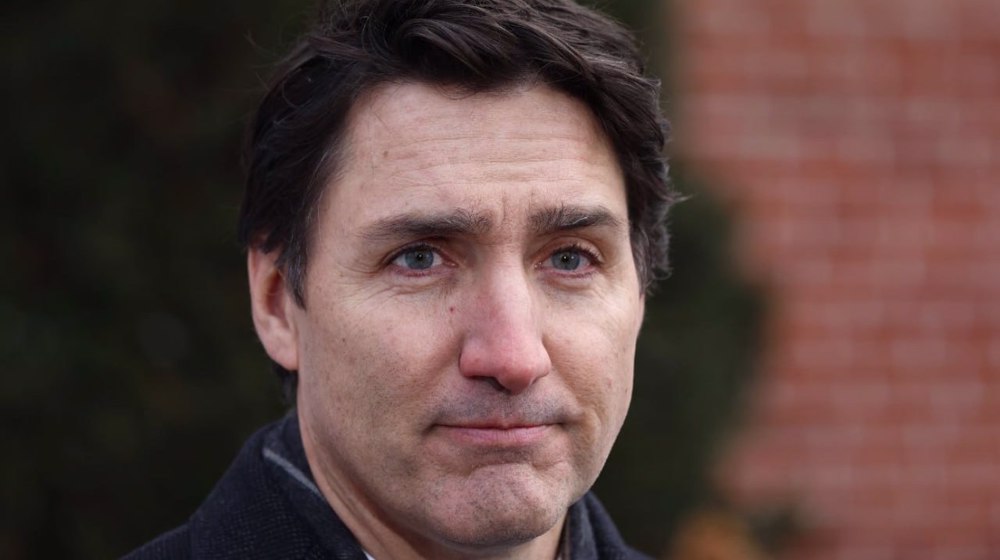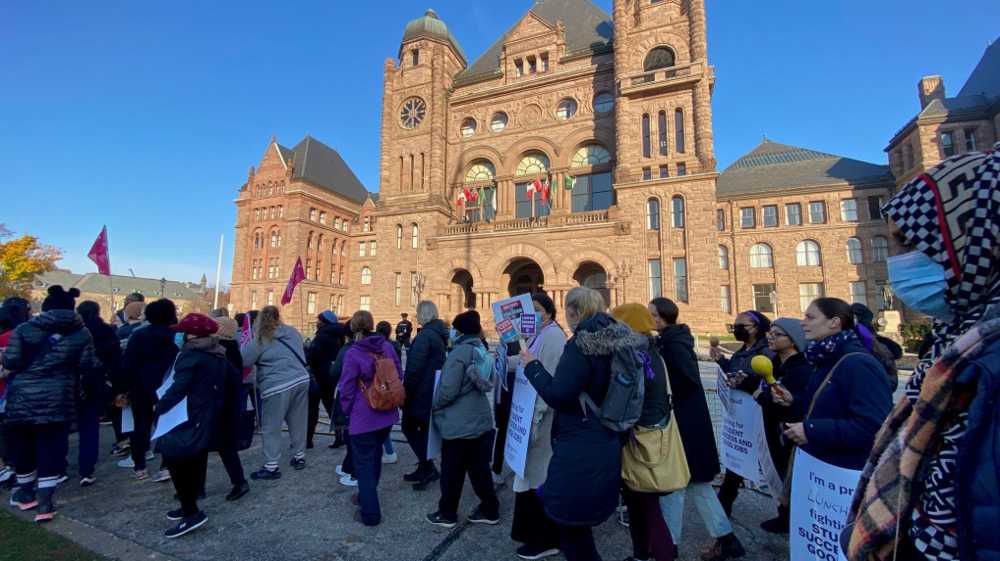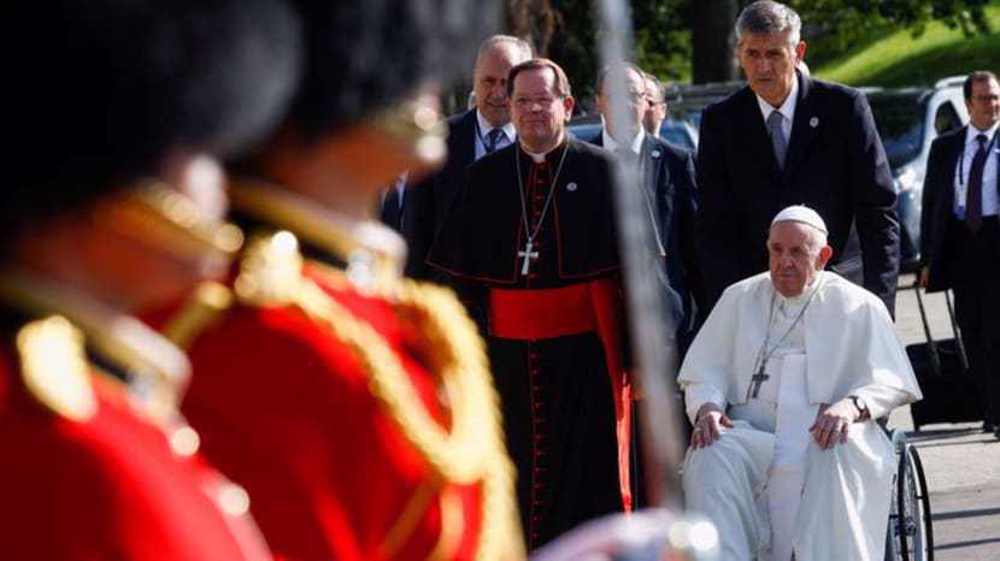Canada education workers face stiff fines for defying strike ban
Nearly 55,000 education workers in Canada’s Ontario province have walked off their job, risking huge fines for defying a strike ban imposed by the extraordinary use of special powers in the nation’s constitution.
The major strike in Canada’s most populous province came after the collapse of talks on Friday between the Canadian Union of Public Employees (CUPE) and the government of Ontario, which then rushed through legislation to block a strike in a bid to keep the province’s students in schools.
CUPE censured the legislation as an attack on all workers’ bargaining rights and staged a strike anyway, forcing hundreds of schools across Ontario to shut down. The union further warned that the school support workers would not return to their job anytime soon and that other unions may join the protest effort.
The constitutional back-to-work legislation included the controversial use of a so-called “notwithstanding clause” to lock the workers into a four-year contract and preempt court challenges, which even Canada’s Prime Minister Justin Trudeau described as “wrong.”
The uniquely Canadian override power allows provincial governments to effectively strip away some constitutional civil rights of Canadian citizens – on a case-by-case basis – for up to five years. The use of such power has hotly been debated across Canada.
According to local press reports, the contract imposed on workers includes raises of 1.5 to 2.5 percent – far lower than the union demanded in order to meet hiking costs of living.
CUPE president Mark Hancock further blamed the Ontario government for “trampling on workers’ rights,” insisting, “This isn’t just about education workers. This is about the rights of all working people across the country.”
Can$220 million in daily fines
The striking workers, meanwhile, face daily fines of up to Can$4,000 while the union itself could be fined up to Can$500,000. The total amount of daily fines adds up to a whopping Can$220.5 million (US 163.6 million).
Ontario Education Minister Stephen Lecce, however, defended the use of the override power in his failed bid to preempt the strike, insisting that students had faced enough disruptions caused by the coronavirus pandemic over the past two years.
“Nothing matters more right now than getting all students back in the classroom and we will use every tool available to us to do so,” he said.
The notwithstanding clause had never been used in Ontario before the province’s conservative Premier Doug Ford was sworn into office in 2018. He has since used or threatened to use the clause three times.
Canada’s Quebec province, which has also used the clause in the past in support of the French language, recently came under fire for applying it to bar its public servants from wearing religious symbols such as hijabs or crosses.
Meanwhile, the Canadian Civil Liberties Association also sided with the Ontario educators’ strike, warning that the rights of Canadian workers were “being shredded before our very eyes.”
Trudeau and several of his ministers further warned against the overuse of the notwithstanding clause, saying its latest use in Ontario amounted to “an affront to democracy.”
“Canadians should be extremely worried about the increased commonality of provincial governments using the notwithstanding clause preemptively to suspend their fundamental rights and freedoms,” liberal Trudeau underlined during a Friday press conference after raising concerns about the issue with Ford.

Hind Rajab Foundation files war crimes case in Argentina against Israeli soldier who fled Brazil

Venezuela cuts off diplomatic ties with Paraguay over opposition support

Canada's PM Trudeau resigns, suspends parliament till March
Scores killed as US, Turkish proxies clash in northern Syria
At least 5 dead as wildfires devour districts across Los Angeles
VIDEO | Press TV's news headlines
Houthi: Israel incapable of downing Yemen’s hypersonic missiles
Inquiry: UK soldiers executed Afghan boys 'younger than 16'
Palestinian dies in Israeli prisons due to medical negligence
IRGC forces launch final stage of major drill in western Iran
Joseph Aoun voted Lebanon’s president, ending 2-year deadlock











 This makes it easy to access the Press TV website
This makes it easy to access the Press TV website